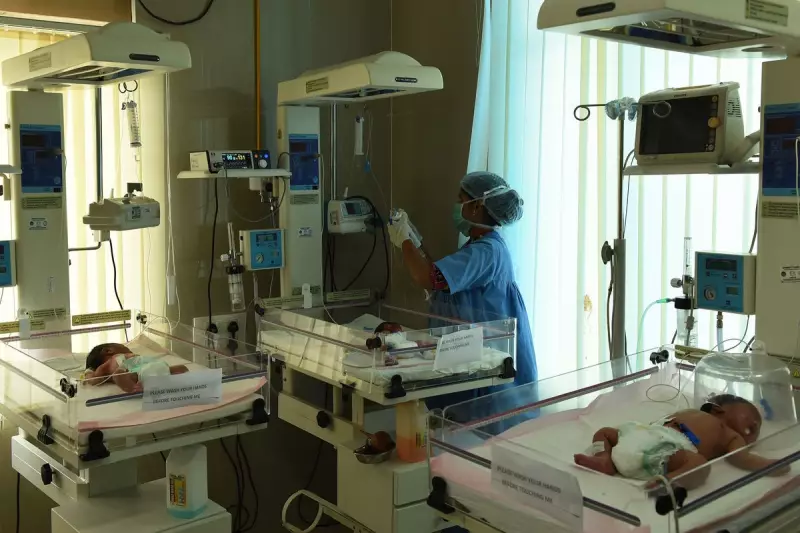
In a stunning reversal of global health expectations, the southern Indian state of Kerala has achieved a infant mortality rate (IMR) that now surpasses even that of the United States. This landmark achievement places the region ahead of one of the world's wealthiest nations in a key indicator of population health and medical care quality.
The latest data reveals that Kerala's IMR stands at an impressive 6 per 1,000 live births, notably lower than the US rate of 6.8. This figure becomes even more remarkable when contrasted with India's national average of 25, demonstrating Kerala's exceptional performance within its own national context.
A Model of Public Health Investment
Health experts attribute this success to Kerala's decades-long commitment to robust public healthcare infrastructure. Unlike many regions that prioritise expensive, hospital-centric care, Kerala has focused on building a comprehensive network of primary health centres, community health programs, and widespread health education initiatives.
The state's approach emphasises preventive care, maternal health education, and accessible medical services even in remote areas. This strategy has proven particularly effective in reducing neonatal deaths, which account for the majority of infant mortality cases.
Contrasting Healthcare Philosophies
Kerala's achievement highlights the different healthcare philosophies between the two regions. While the United States maintains a largely privatised, technology-driven healthcare system focused on specialised treatment, Kerala has invested in a decentralised, publicly-accessible model that prioritises basic healthcare delivery to all citizens regardless of economic status.
This surprising development challenges conventional wisdom about healthcare development and suggests that strategic public investment in basic medical infrastructure may achieve remarkable outcomes even without the advanced medical technology available in wealthier nations.
Broader Implications for Global Health
Kerala's success story offers valuable lessons for healthcare policymakers worldwide. It demonstrates that targeted public health interventions, community engagement, and widespread health education can produce dramatic improvements in population health metrics, even in regions with limited economic resources.
The state's achievement is particularly significant as global health organisations continue to work toward reducing child mortality rates in developing nations, providing a concrete example of what can be accomplished through dedicated public health initiatives.





